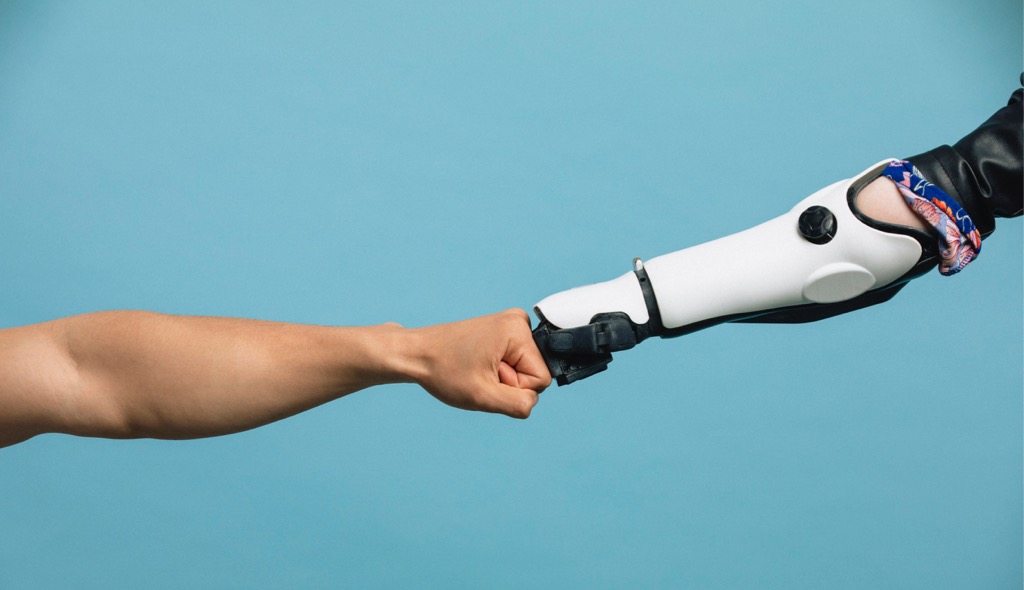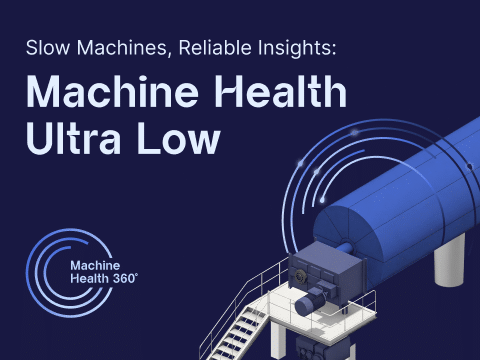
AI has made its dramatic entrance into the manufacturing environment, and the introduction of new automation and technology has exposed some clear skills gaps — particularly in how AI can inform accurate and efficient decision-making. For the future of manufacturing to incorporate skilled workers and AI-enabled tools, manufacturers must address these gaps now.
What New Skills Does AI in Manufacturing Demand?
AI holds great potential for the manufacturing industry. Along with easing processes in the flow of supply chains, inventory management, and record-keeping, it can also help analyze machine data to diagnose issues and offer predictive insights about the future health of machines.
Learn more about Augury’s AI platform.
The real value of AI in manufacturing is that it frees up technicians’ and managers’ time to focus on higher-value, strategic tasks. To realize that potential, however, human workers must understand how to work with AI. End users must collaborate with AI tools and developers to create use cases that aid real decision-making processes.
Sometimes, teaching AI will be easy and won’t require advanced manufacturing skills. For example, if you need to train AI to tell the difference between a box and a bag, any human can verify the correct distinction. In such simple instances, manufacturers don’t need to develop special skills to help improve AI.
The real value of AI in manufacturing is that it frees up technicians’ and managers’ time to focus on higher-value, strategic tasks.
However, AI also has the potential for more complex use cases and opportunities to enhance productivity. In manufacturing, for example, machine health sensors can derive vibration analysis data from machines. AI algorithms can then analyze that data to uncover potential issues with the machine’s health, but only if someone with the right expertise tells it how.
A vibration analyst would need to take a deeper look at the data and verify the results from AI. Iterating this process trains AI to recognize more complicated use cases and draw correct insights from the vibration analysis data.
Learn more about AI-driven vibration analysis.
Teaching AI is one of the most important skills manufacturers will need to develop to reach AI’s full potential. Technicians must understand that repeatedly performing, verifying, and documenting actions in the correct ways helps improve AI tools. The process isn’t just good for record-keeping — it teaches AI to create more accurate diagnostic results and predictive insights.
Advanced Manufacturing Skills Lead to Overall Transformation
The future of manufacturing involves both human innovation and machine learning. While AI is getting up to speed with the needs of the manufacturing industry, human manufacturing experts need to take responsibility for training it and predicting how it will be most useful in the future.
The job profile is now based on the desire to evolve and do more sophisticated knowledge work.
With the introduction of AI into the manufacturing environment, the scope and nature of work have become more diverse and advanced. The pool of people manufacturing companies can attract to work for them becomes a lot wider. The job profile is now based on the desire to evolve and do more sophisticated knowledge work.
It’s no longer a static industry. By equipping teams with the right skills to help AI reach its fullest potential, you can create opportunities for more dynamic roles that will rapidly transform your organization and help it stay relevant and thriving well into the future of manufacturing.
To learn more about how Augury’s machine health solutions can boost your business, get in touch today.




